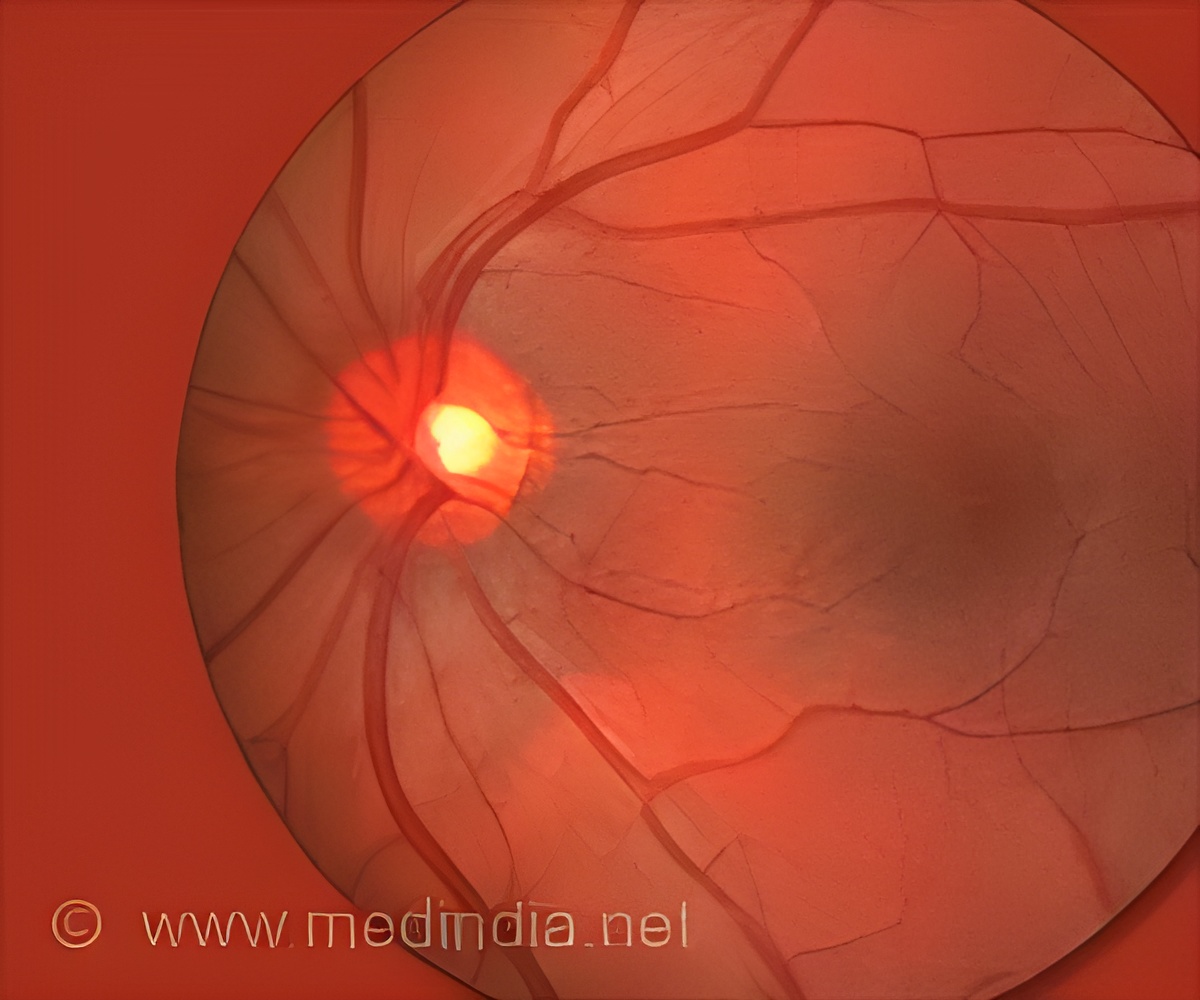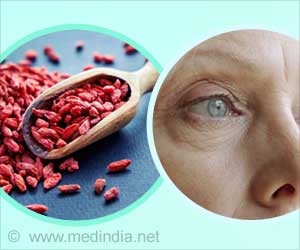Does omega-3 help Alzheimer's patients? A new form of omega-3 helped restore specific markers of eye health in mice bred with aspects of early-onset Alzheimer’s disease.

‘A new form of omega-3 fatty acid docosahexaenoic acid (DHA) can improve retinal health and save people from visual impairments associated with Alzheimer’s and diabetes.’





The good news is that a team of researchers at the University of Illinois Chicago (UIC) has figured out a way to prevent a visual decline in patients living with Alzheimer’s and various other health conditions.The docosahexaenoic acid (DHA) found in fish oil capsules and other supplements is typically in a form called triacylglycerol (TAG) DHA. Although TAG-DHA has benefits in other parts of the body, it does not reach the eyes because it cannot travel from the bloodstream into the retina.
In a new study, they propose a new kind of docosahexaenoic acid (DHA) that can make its way to the retina by overcoming the blood-retinal barrier, eventually improving eye function in patients with Alzheimer’s. They also tested the new DHA in mice and came across surprising results.
DHA is Critical to Eyesight
DHA is an omega-3 fatty acid that is known for improving brain and heart health. Generally, it is found as triacylglycerol (TAG) DHA in foods like salmon, flax seeds, soybeans, and various fish oil products. It is also good for the retina.The part of the human eyes that captures light and sends signals to the human brain so that you can see. However, people with Alzheimer’s often have low DHA concentration in their eye retinas, which makes them susceptible to eyesight-related problems.
Unfortunately, DHA deficiency in the retina could not be treated with the TAG DHA found in most DHA-rich foods and supplements because the TAG form is unable to cross the bloodstream and reach the eyes. This is why the researchers developed lysophospholipid (LPC) DHA.
Advertisement
LPC DHA Saves Vision Loss in Mice with Alzheimer’s Disease
Researchers tested LPC DHA on mouse models demonstrating symptoms similar to those found in patients with Alzheimer’s at an early stage. They studied two groups of mice; one group of mice was given TAG DHA supplements, and the other group was fed LPC DHA.The dose of LPC that each mouse received was equal to 200 to 500 mg of omega fatty acids that a human can consume daily. Before starting the DHA diet, the researchers measured the retinal DHA concentration in the mouse models. Six months later, when the researchers again examined the retinas of mice in both groups, they were surprised.
While boosting DHA can help to prevent such declines, increasing retinal DHA content has been challenging with currently available supplements. For a dietary supplement to deliver DHA to the retina, the DHA must be able to first be absorbed from the intestine into the bloodstream and then cross from the bloodstream into the retina.
So far, LPC DHA has been only tested on mice, but these findings suggest that LPC DHA might also improve retina function in humans suffering from low retinal-DHA concentration due to Alzheimer’s, aging, diabetes, and various other health issues.
Source-Eurekalert















